How Much Solar Panels Do I Need?
When considering the installation of solar panels, one of the most common questions is, "How many solar panels do I need?" This question is crucial for anyone looking to transition to renewable energy, as it directly impacts the cost, efficiency, and overall feasibility of the solar power system. In this article, we will delve into the various factors that influence the number of solar panels required for a home or business, providing a comprehensive guide to help you make an informed decision.
Understanding Your Energy Needs
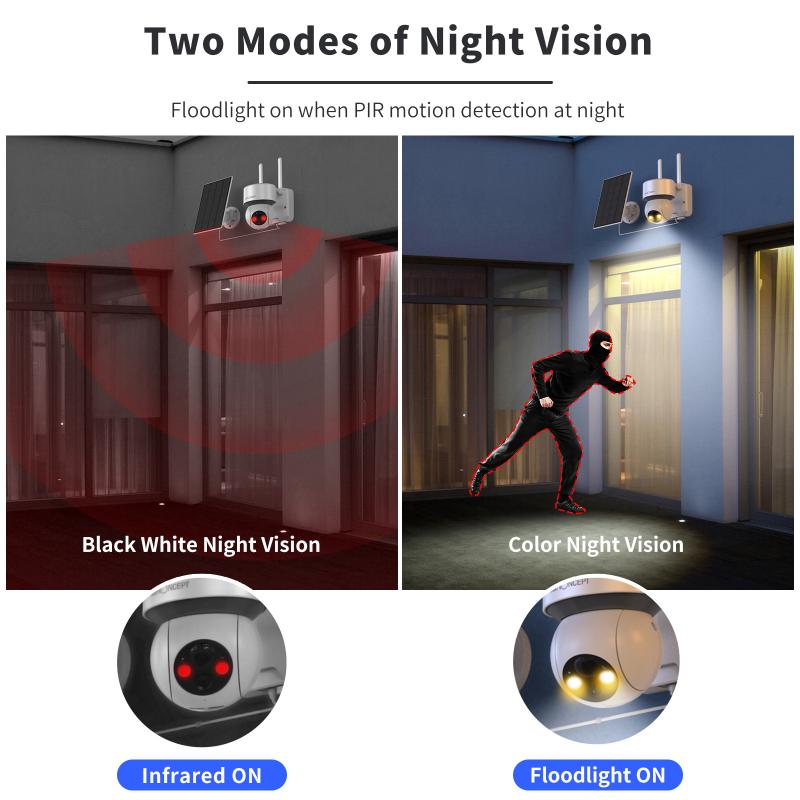
The first step in determining how many solar panels you need is to understand your energy consumption. This involves looking at your electricity bills to find out how much energy you use on average per month and per year. Energy consumption is usually measured in kilowatt-hours (kWh). For instance, if your monthly electricity bill shows that you use 900 kWh, your annual consumption would be 10,800 kWh.
Solar Panel Efficiency and Output
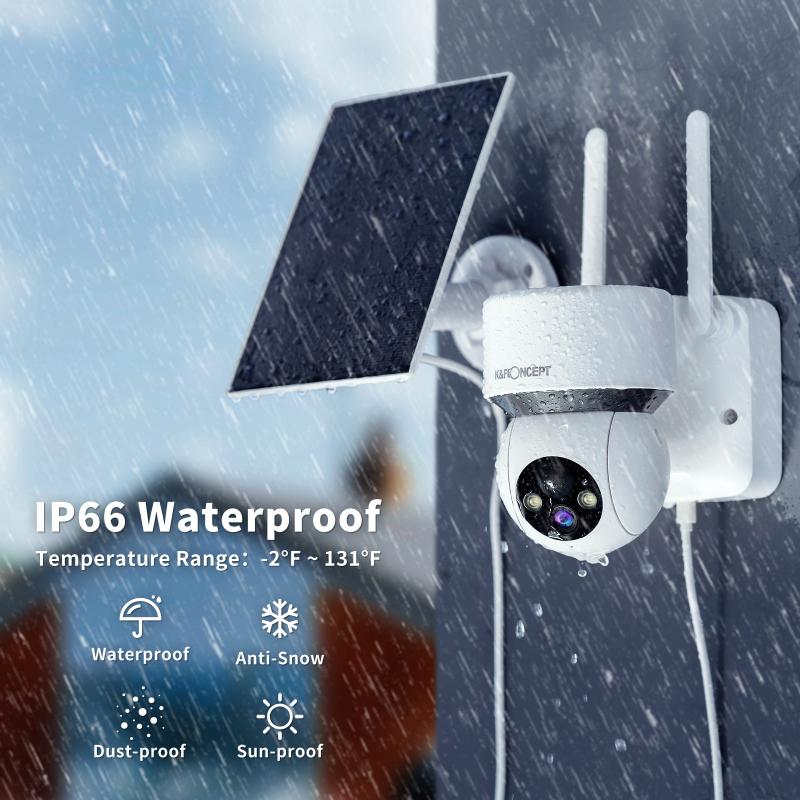
Solar panels come in various sizes and efficiencies, which affect how much electricity they can generate. The efficiency of a solar panel is the percentage of sunlight it can convert into usable electricity. Most residential solar panels have an efficiency rate between 15% and 20%. The output of a solar panel is measured in watts (W), and common residential panels range from 250W to 400W.
Calculating the Number of Panels
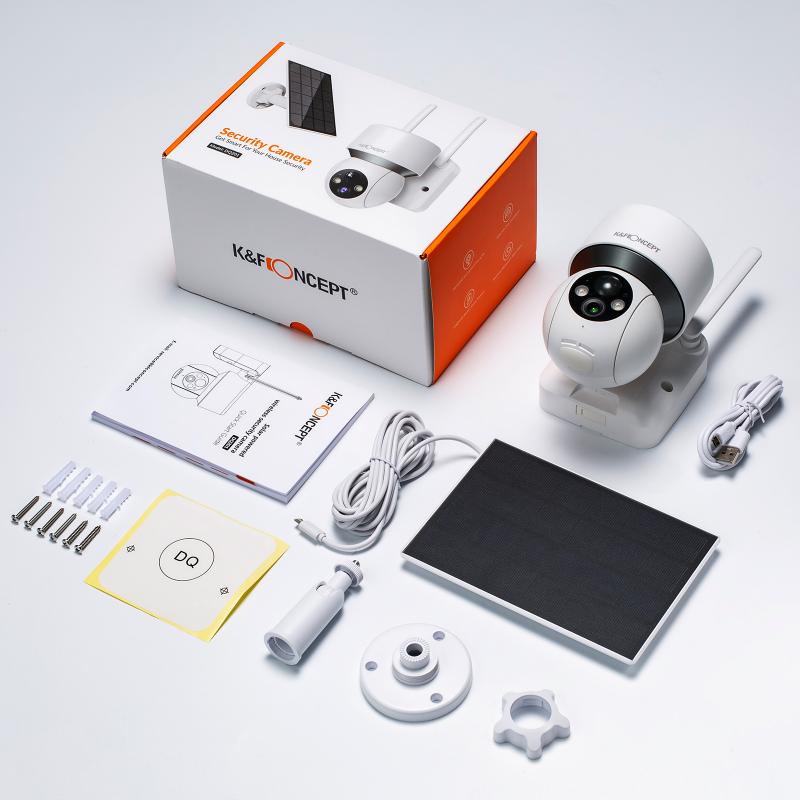
To calculate the number of solar panels you need, you can use the following formula:
\[ \text{Number of Panels} = \frac{\text{Annual Energy Consumption (kWh)}}{\text{Annual Energy Production per Panel (kWh)}} \]
To find the annual energy production per panel, you need to consider the panel's wattage and the average number of sunlight hours your location receives per day. For example, if you have a 300W panel and your location receives an average of 5 sunlight hours per day, the annual energy production per panel would be:
\[ \text{Annual Energy Production per Panel} = 300W \times 5 \text{ hours/day} \times 365 \text{ days/year} \]
\[ = 547,500 \text{ Wh/year} \]
\[ = 547.5 \text{ kWh/year} \]
Using the earlier example of an annual consumption of 10,800 kWh, the number of panels required would be:
\[ \text{Number of Panels} = \frac{10,800 \text{ kWh}}{547.5 \text{ kWh/panel}} \approx 20 \text{ panels} \]
Factors Affecting Solar Panel Requirements
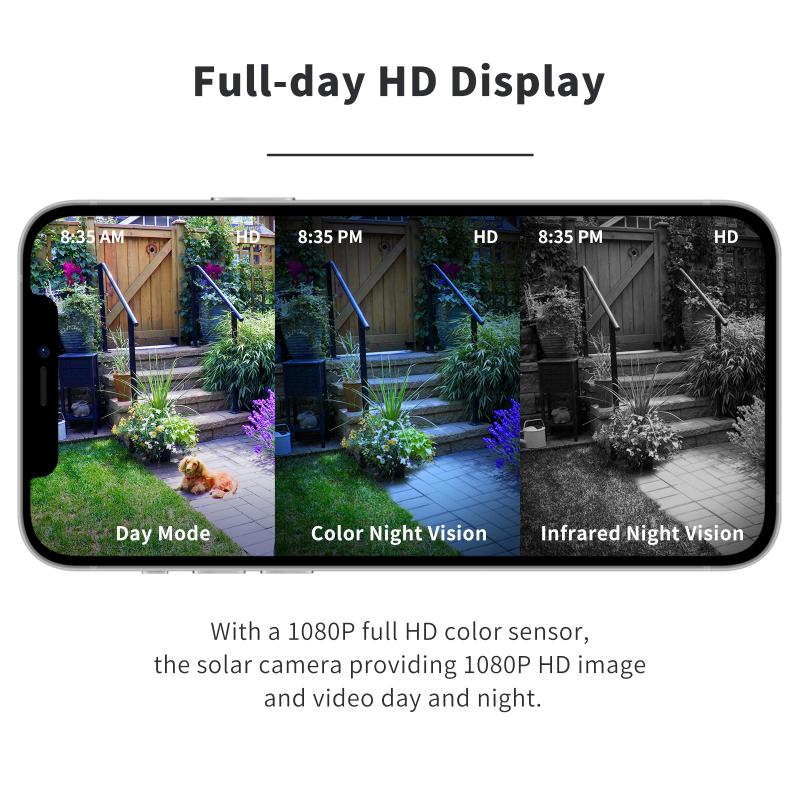
Several factors can influence the number of solar panels you need:
1. Location: The amount of sunlight your location receives significantly impacts the efficiency of your solar panels. Areas with more sunlight will require fewer panels to generate the same amount of electricity.
2. Roof Space: The available space on your roof can limit the number of panels you can install. If space is limited, you may need to opt for higher-efficiency panels to meet your energy needs.
3. Energy Efficiency: Improving your home's energy efficiency can reduce your overall energy consumption, thereby reducing the number of solar panels required. Simple measures like using energy-efficient appliances, improving insulation, and using LED lighting can make a significant difference.
4. System Losses: No solar power system is 100% efficient. Factors like shading, dust, and system inefficiencies can reduce the overall output. It's generally recommended to account for a 10-20% loss when calculating your needs.
5. Future Energy Needs: Consider any future changes that might increase your energy consumption, such as adding new appliances, expanding your home, or purchasing an electric vehicle.
Financial Considerations
The cost of solar panels has decreased significantly over the past decade, making solar power more accessible. However, the initial investment can still be substantial. It's essential to consider the long-term savings on your electricity bills and potential incentives or rebates available in your area. Many regions offer tax credits, rebates, or other incentives to encourage the adoption of solar energy.
Professional Assessment
While the calculations and considerations mentioned above provide a good starting point, it's always advisable to consult with a professional solar installer. They can conduct a detailed assessment of your property, taking into account factors like roof orientation, shading, and local climate conditions. A professional assessment ensures that your solar power system is optimized for maximum efficiency and cost-effectiveness.
Determining the number of solar panels you need involves a thorough understanding of your energy consumption, the efficiency and output of the panels, and various other factors like location, roof space, and future energy needs. By carefully considering these elements and consulting with a professional, you can design a solar power system that meets your energy requirements and provides long-term financial and environmental benefits.
Transitioning to solar energy is a significant step towards sustainability and energy independence. With the right information and planning, you can make an informed decision that aligns with your energy goals and contributes to a greener future.


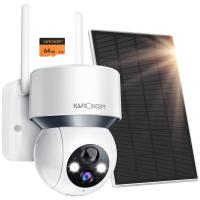
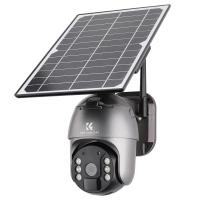
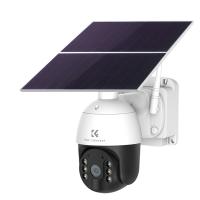
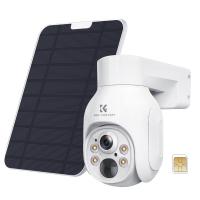
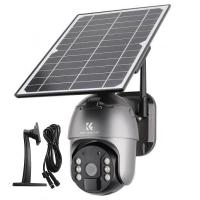
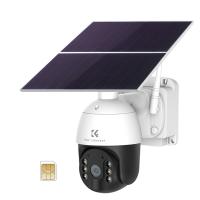
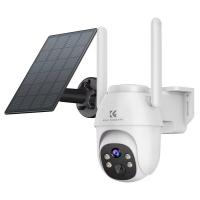
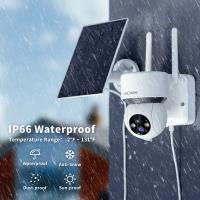

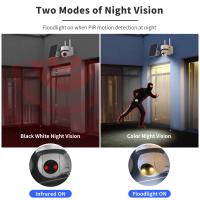
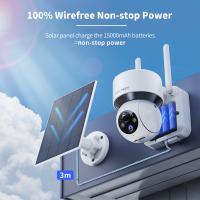
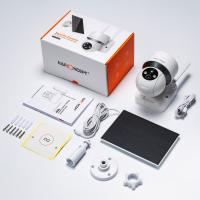



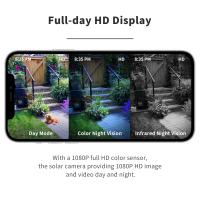
There are no comments for this blog.